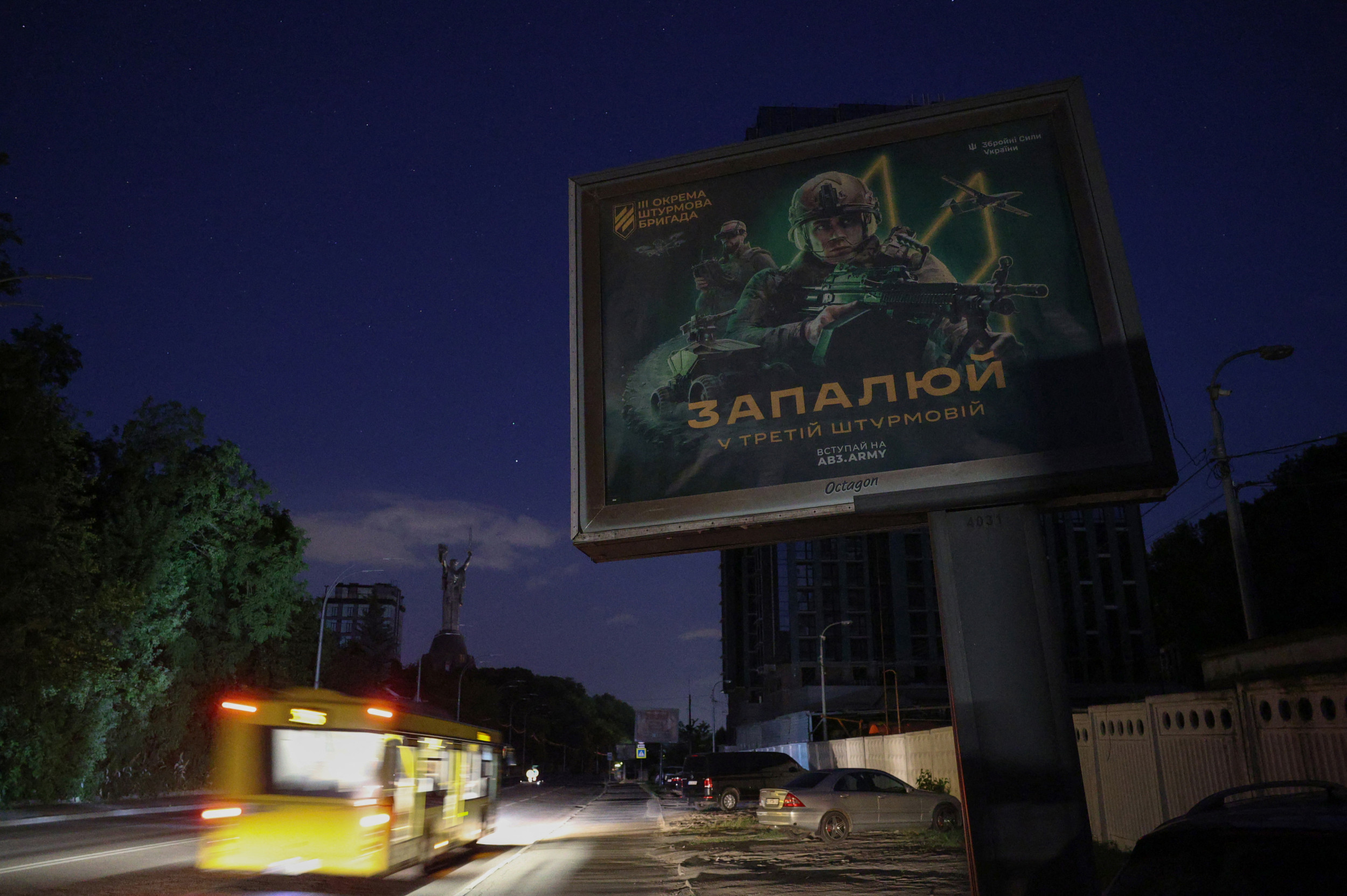Russia is inflicting “significant” damage on Ukraine’s energy grid that could impact Kyiv’s “war fighting capabilities,” according to the Institute for the Study of War (ISW).
An blog post published by the U.S.-based think tank on Wednesday predicted that Ukraine would suffer increased “energy constraints” over the summer due to the Russian attacks, citing a Financial Times report that claimed Russia had knocked out more than half of Ukraine’s power generation capacity since invading the country on February 24, 2022.
“Russian missile and drone strikes have caused significant long-term damage to Ukraine’s energy grid, and Ukraine will reportedly face even greater energy constraints in summer 2024,” the ISW post states.
“Russia will likely continue periodic large-scale strikes against energy infrastructure to cause significant long-term damage that degrades Ukrainian war fighting capabilities while setting conditions for pronounced humanitarian pressures in winter 2024–2025,” it continues.
ANATOLII STEPANOV/AFP
Newsweek reached out for comment to the Ukrainian military via email on Thursday night.
According to the Financial Times report, Ukraine went from being able to produce 55 gigawatts (GW) of energy before the war to having less than 20 GW of capacity as of this month. Ukrainian Prime Minister Denys Shmyhal provided a more modest estimate during an address on Tuesday, claiming that Ukraine had lost “more than 9 GW of generation capacity.”
“Our key priority is to strengthen the energy sector after the recent Russian terrorist attacks,” Shmyhal said. “The situation is extremely difficult. More than 9 GW of generation capacity has been lost. The enemy continues to target energy facilities.”
“The consequences of Russia’s attacks on the energy sector are long-term,” he added. “Therefore, saving [on energy consumption] will be part of our everyday life in the years to come.”
Shmyhal argued that Ukrainian infrastructure could be protected by enhancing air defenses, repairing damaged equipment, “decentralizing” the energy grid, encouraging international donations and promoting “responsible electricity consumption.”
Borys Dodonov, head of energy and climate studies at the Kyiv School of Economics, told Financial Times that the current measures were not enough, suggesting that Ukrainian President Volodymyr Zelensky‘s government would also have to increase tariffs to avoid disaster by January.
“If no measures are taken, according to our modeling, then probably the population will have only two to four hours of electricity [per day] in January,” Dodonov said.
Moscow began large-scale attacks on Ukraine’s energy grid during the first year of the war in late 2022 and early 2023, triggering rolling blackouts across the country during the harsh winter months.
A series of Russian attacks targeting Ukrainian energy infrastructure last winter culminated in a massive wave of drone strikes in February. The British Defense Ministry suggested that Russia’s recent attacks may have been less successful than those launched in 2022, saying in a March intelligence update that Ukraine’s “power network is maintaining stable network operations.”
Russia has continued to strike energy targets in Ukraine, with rolling blackouts becoming part of daily life for many Ukrainians. Dr. Elena Davlikanova, an expert on Russian-Ukrainian relations, argued in an opinion article published by think tank Atlantic Council on Thursday that a “humanitarian catastrophe” could emerge if the grid is not repaired quickly.
“Once temperatures begin to drop and winter draws closer, the implications of Russia’s bombing campaign are expected to become far more serious,” Davlikanova wrote. “Urgent steps are required now in order to prevent a potential humanitarian catastrophe from unfolding during the coming winter season.”
Uncommon Knowledge
Newsweek is committed to challenging conventional wisdom and finding connections in the search for common ground.
Newsweek is committed to challenging conventional wisdom and finding connections in the search for common ground.

